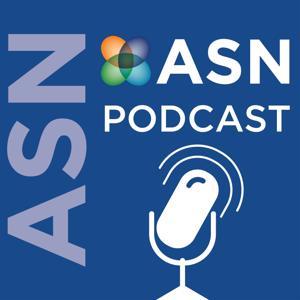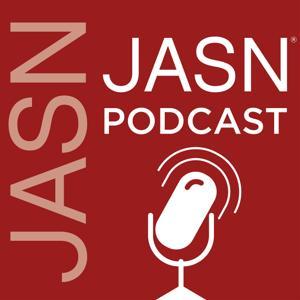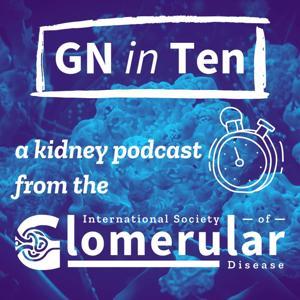Clinical trial design in nephrology is evolving. In this episode, leading experts explore why a paradigm shift is needed from traditional biomarkers to patient-centered outcomes and practical strategies for advancing trial implementation. This conversation draws on insights from the ISN Consensus Meeting on Changing Paradigms of Studies in CKD (Vancouver, Nov 22-23, 2024) where clinicians, trialists, patient partners, regulators and industry scientists came together to rethink trial endpoints, outcomes and designs. Together, they discuss how reimagining kidney trials can generate more relevant, equitable, and actionable evidence for better kidney care worldwide.
Participants
Adeera Levin
Professor of Medicine, University of British Columbia, Canada, and Past-President of the International Society of Nephrology (ISN). Dr. Levin is a global leader in kidney health research, with extensive experience in chronic kidney disease (CKD) management, clinical trials, and international health system strengthening.
Jennifer Lees
Senior Clinical Lecturer and Honorary Consultant Nephrologist at the University of Glasgow, UK. Dr. Lees’ research focuses on improving patient outcomes in kidney disease through better trial design, biomarker evaluation, and translational approaches linking research to clinical care.
Kevin Weinfurt
Professor and Vice Chair of Faculty, Department of Population Health Sciences, Duke University School of Medicine, USA. Dr. Weinfurt is a behavioural scientist specializing in patient-reported outcomes (PROMs), ethical aspects of research participation, and improving the relevance of clinical trials to patients lived experiences.
Hiddo J. Lambers Heerspink
Professor of Clinical Trials and Personalized Medicine, University Medical Center Groningen, The Netherlands. Dr. Heerspink’s work bridges pharmacology, nephrology, and precision medicine, focusing on optimizing kidney and cardiovascular outcomes through innovative clinical trial design and biomarker discovery.
To read more, explore the related paper Changing Paradigms of Studies in Kidney Diseases published in Kidney International.






























